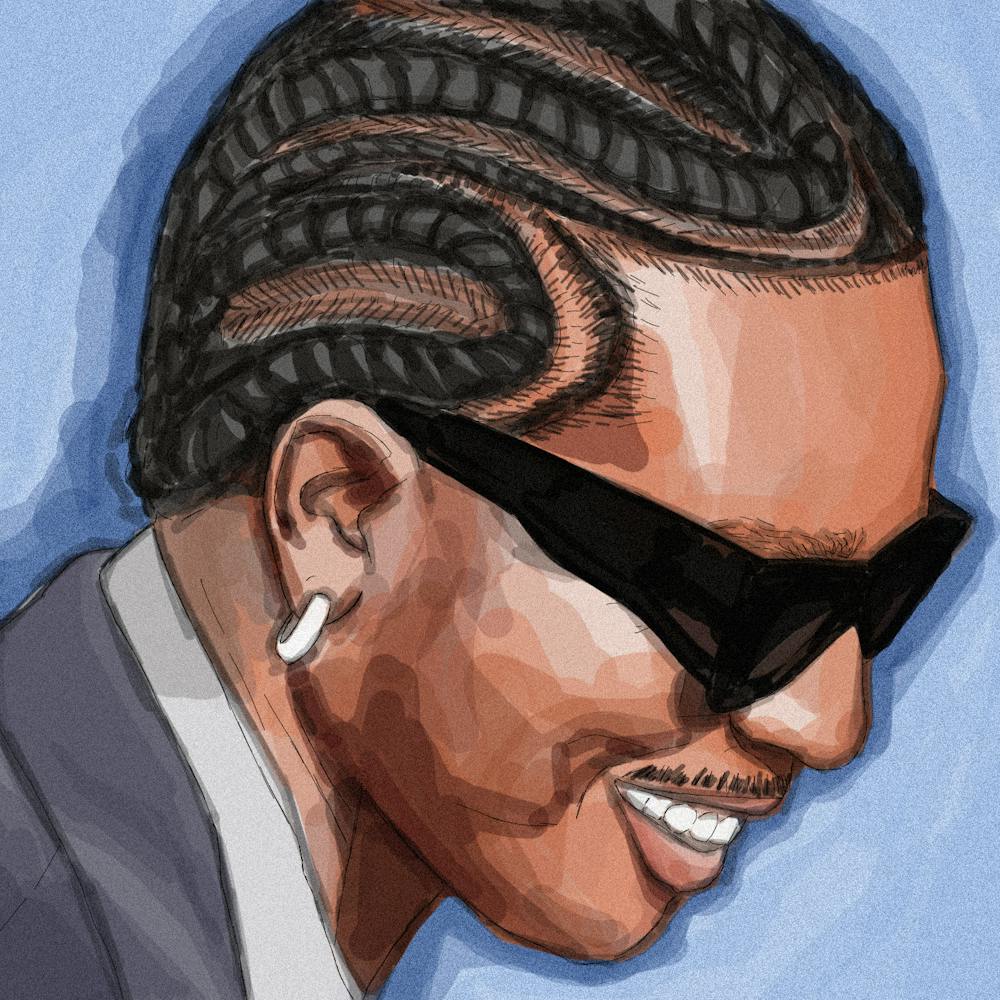Black cats, broken mirrors, heads-down pennies - all superstitions to be avoided, but especially today, Friday the 13th.
“There are so many (superstitions),” said Gary Hoppenstand, a professor of American Thought and Language. “The term is so broad because there are things such as urban legends, which are the most common and traditional superstitions.”
Some people take superstitions more seriously than others, but many people are superstitious in one aspect or another, whether it’s crossing the street to avoid a black cat, walking around rather than under a ladder or throwing salt over your shoulder after spilling some on the dinner table. Friday the 13th, a superstition-laden day, is known for unlucky events and spooky happenings.
Finance sophomore Dan Sheppard is a superstitious hockey player. Before each game he puts on his right skate before his left skate, but he ties his left skate before his right.
“Before one game I did that and I scored a couple of goals, so I kept on doing it,” he said.
Most superstitions, however, originate in folklore, Hoppenstand said.
“Qualities of folklore become embedded over time and because they’re old, they are very powerful,” he said. “Some find amusement in it and others take it very seriously.”
Superstitions give people a sense of control, Hoppenstand said.
“The purpose of it is to help to predict future success in a very uncertain world,” he said. “The most highly superstitious people are those who try to have some control over an unpredictable future.”
Advertising sophomore Rebecca Rittner said in high school she took a teddy bear with her to all of her tennis matches to help her play better.
She takes superstition so seriously that she even wears rubber bands because she thinks they bring her good luck.
“I shave my legs before important things like tests,” she said. “I’ll do something once and think it brings me luck so I’ll keep doing it.”
Besides looking to superstitions for good luck on tests, college students and urban legend tales go hand in hand, Hoppenstand said.
“A common one for college kids is the dorm in which a student commits suicide is haunted,” he said. “It seems like every campus has those kinds of stories attached to them.”
A popular legend circulated MSU’s campus two years ago, sending many students out of town for Halloween weekend. The legend tells of a person in a Little Bo Peep costume killing students on Halloween night at a dorm with a name starting with H and located near railroad tracks.
But not everyone takes these tales seriously enough to pack up and leave Holden Hall.
Human resources management freshman Annie Baglien isn’t convinced.
“I just don’t believe in that, it’s kind of hearsay,” she said.
Hoppenstand said superstitions that involve numbers are very powerful, as they connect to new-age mysticism. “With new age, people use numbers to attempt in pseudoscientific fashion to explain bad times of the year and good times,” he said. “These have the illusions and appearance of science, but aren’t.”
Hoppenstand said one purpose of science is to verify, and superstitions rarely stand up under reverse investigations. “But like an astrology tab in a newspaper, even though someone may not believe in astrology, they’ll still open up the page and look under their astrological sign for that day and have a chuckle, while other people spend big bucks to have readings.”
Packaging sophomore Kristen Jacokes doesn’t believe in anything that can’t be justified.
“I think things need to be explained,” she said. “Superstitions don’t explain things and there is no real basis to them.”






